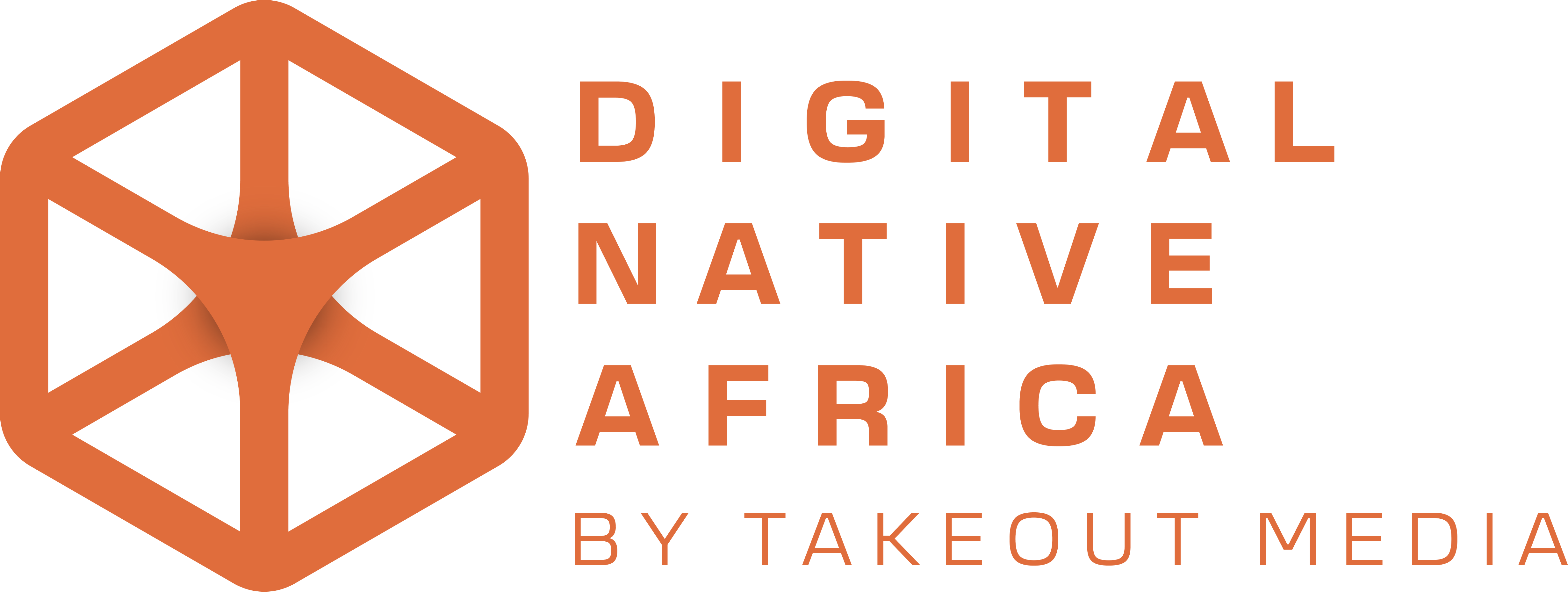FAQs
- Home
- FAQs
Frequently Asked Questions
Have you got questions about DNA? Check our comprehensive knowledge base below for answers
How are courses delivered on the DNA platform?
Courses are uploaded in video format, allowing students to purchase or access them for free. Instructors can create and upload courses, and students can enroll and complete course requirements.
Who is the target audience for DNA's courses?
The primary audience includes recent secondary school leavers and university students/graduates seeking entry-level roles in technology and media organizations in Africa.
How does the subscription model for Talent Matching work?
Talent Matching is subscription-based at N1000 per month, providing students with access to task earning opportunities. Recruiters pay compensation, managed by the platform, which is released to students upon task completion.
How can I become an instructor on the DNA platform?
Instructors can't sign up just yet. If you're interested in becoming one, kindly send us a mail at info@digitalnativeafrica.com
How can recruiters benefit from the DNA E-Learning Platform?
Recruiters can benefit by posting tasks for students, specifying compensation, and accessing a pool of talented individuals who have completed relevant courses on the platform.
Courses
How are courses delivered on the DNA platform?
Courses are uploaded in video format, allowing students to purchase or access them for free. Instructors can create and upload courses, and students can enroll and complete course requirements.
Are there both free and paid courses available?
Yes, courses are available in both free and paid formats, providing flexibility for students.
Can I access course materials on different devices?
Yes, the platform ensures responsive design, making course materials accessible on various devices and screen sizes.
Are there live classes?
Yes. Instructors can send live classes links to students who already bought their courses to help them learn better.
Recruiters
How can recruiters benefit from the DNA E-Learning Platform?
Recruiters can benefit by posting tasks for students, specifying compensation, and accessing a pool of talented individuals who have completed relevant courses on the platform.
What is the process for recruiters to sign up on the DNA platform?
Recruiters can create tasks by providing details such as Task Name, Description, Duration, Number of Talent required, Compensation, and attaching any necessary resources. Tasks can be published after review.
Can recruiters specify the skills or courses they are looking for when posting tasks?
However, recruiters can likely specify task details, allowing students with relevant skills to apply.
How do recruiters post tasks for students on the platform?
Recruiters can create tasks by providing details such as Task Name, Description, Duration, Number of Talent required, Compensation, and attaching any necessary resources. Tasks can be published after review.
How is recruiter identity verified on the platform?
Recruiters verify their identity via email during the sign-up process.
How are compensation payments managed for tasks posted by recruiters?
Recruiters pay compensation to the platform, which is then released to students upon successful completion of tasks.
Can recruiters review and manage tasks after they are posted?
Yes, recruiters can view, edit, and manage their tasks, including details such as duration, number of talents, and task assignment.
Is there a fee for recruiters to post tasks on the platform?
Recruiters are to pay compensation to the platform for task completion.
How can recruiters track ongoing and completed tasks on the platform?
Recruiters can access a dashboard that includes sections for ongoing tasks, completed tasks, and the ability to manage and review task details.
Can recruiters communicate directly with students who apply for their tasks?
Yes. All communications with the students are done offline
What happens if a recruiter rejects a task submitted by a student?
In such cases, the task is marked as "Not Accepted." And compensation is not paid until it is accepted.
How can recruiters ensure that tasks are completed satisfactorily?
Recruiters can likely review and approve tasks submitted by students before marking them as completed, ensuring satisfactory completion.
Can recruiters view detailed profiles of students before assigning tasks?
Recruiters can view talent profiles and filter students based on courses and categories.
Are there any restrictions on the type of tasks that recruiters can post?
Recruiters can post tasks relevant to their needs and specify details such as task name, description, and compensation.
Payments and Subscriptions
What payment methods are accepted on the platform?
The platform supports payments in Naira, and payment integration is implemented to collect course fees.
Are there both free and paid courses available?
Yes, courses are available in both free and paid formats, providing flexibility for students.
How does the subscription model for Talent Matching work?
Talent Matching is subscription-based at N1000 per month, providing students with access to job opportunities. Recruiters pay compensation, managed by the platform, which is released to students upon task completion.
Is there a refund policy for course payments?
No. We don't have a refund policy.
Are there any additional costs associated with course enrollment?
No. There are no additional costs.
Talent Matching and Job Opportunities
What is Talent Matching, and how does it benefit students?
Talent Matching is a subscription-based feature providing students with access to job opportunities. Recruiters post tasks as job opportunities, specifying compensation, and students can complete these tasks.
How do recruiters post tasks and specify compensation?
Recruiters sign up on the platform, verify their identity via email, and then post tasks for students, specifying compensation.
Can I access task earning opportunities without a subscription?
Yes, students receive one month of free access to paid tasks after completing courses, after which a subscription fee is required for continued access.

